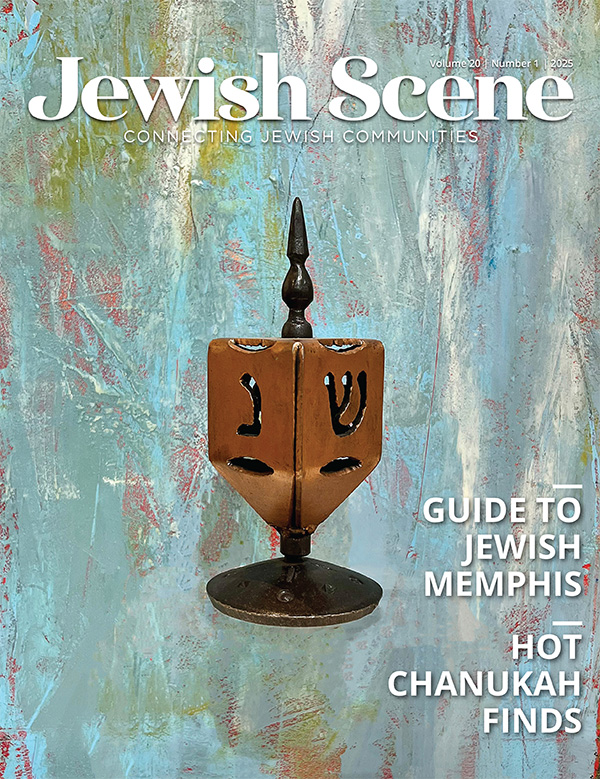Becoming a blacksmith was never on Steve Bronstein’s radar. In fact, in 1970, Steve a woodworking hobbyist, had just received his undergraduate degree in biology while living in Long Island, New York. He was heading to the University of Vermont to work in their lab.
Steve needed a weird-shaped tool for a woodworking project, and he couldn’t find exactly what he was looking for so, “I decided to make it,” he said.
Off to the library went Steve. With the help of some books about blacksmithing, he was able to create just the tool he needed. That chisel transformed Steve’s life over the course of 40 years.

Steve dove deeper and read more books about the craft. “I had the opportunity to take classes at a local blacksmith shop and received on-the-job-training,” he said. “I began working at the Shelburne Museum and set up shop in a garage.

“There was a boom in the hand-made craft market about that time, and I realized that I could make a living doing what I loved,” he continued.
Steve founded Blackthorne Forge; a name suggested by a friend that stuck. “Bronstein Forge didn’t quite equate to a blacksmithing,” he chuckled. “Blackthorne is a rare kind of tree with knotted wood that only grows in Ireland, and from which authentic Irish Walking sticks, Shillelaghs, are made,” he explained.
Steve began creating colonial reproductions that were popular at the time including sculptural clocks. Soon he developed a unique technique, and he’s never looked back.
Today, he and his helpers create functional and sculptural ironwork that appeals to a younger generation who enjoy his contemporary take on timeless pieces. Each piece is individually crafted so no two pieces are identical.
The Blackthorne team uses traditional and contemporary tools including turn-of-the-century pieces he has acquired. “And if something on the old machinery breaks,” he said, “I can just make a new part.”
Steve’s array of art includes functional pieces like the clocks he began making, vases, bookends, lamps, garden sculpture, jewelry and a variety of Judaica pieces.

Menorah Forever Stamp
One of his menorahs was showcased on the United States Post Office 2013 Forever Stamp. How does that happen? “One day I got a call from a woman who asked if I would be willing to have my menorah featured on a stamp,” explained Steve. “At first I didn’t really understand why someone would want the design on a rubber stamp. Then she explained that she was a designer with the postal service, and her assistant had seen the menorah in the gift shop in a Washington, DC gallery.” Of course, he agreed, and “I got to tell my mother,” he joked.
In addition to his hand-crafted menorahs found in more than 100 galleries and Judaic gift shops around the country, Steve forges matzah plates, candle sticks, mezuzahs, Seder plates, dreidels and more.
His smaller contemporary pieces with simple, clean lines are becoming his biggest sellers. “The little songbird is our most popular,” he commented. “But we see younger buyers wanting tiny vases, smaller sculptures, and requesting more Judaica such as a little oil menorah that uses olive oil.

“It’s an amazing process to take a 20-foot piece of steel and turn it into something that people want in their homes,” said Steve. “Forty years later I still love my work and look forward to tomorrow.”
Blackthorne Forge’s exquisite artwork can be found in Memphis at T Clifton Art Gallery on Broad Avenue. During this unprecedented time, T Clifton is offering a virtual gallery tcliftonart.com and home delivery. Steve’s pieces are also available at Memphis’ Temple Israel gift shop. Take a peek at his work at blackthorneforge.com.








